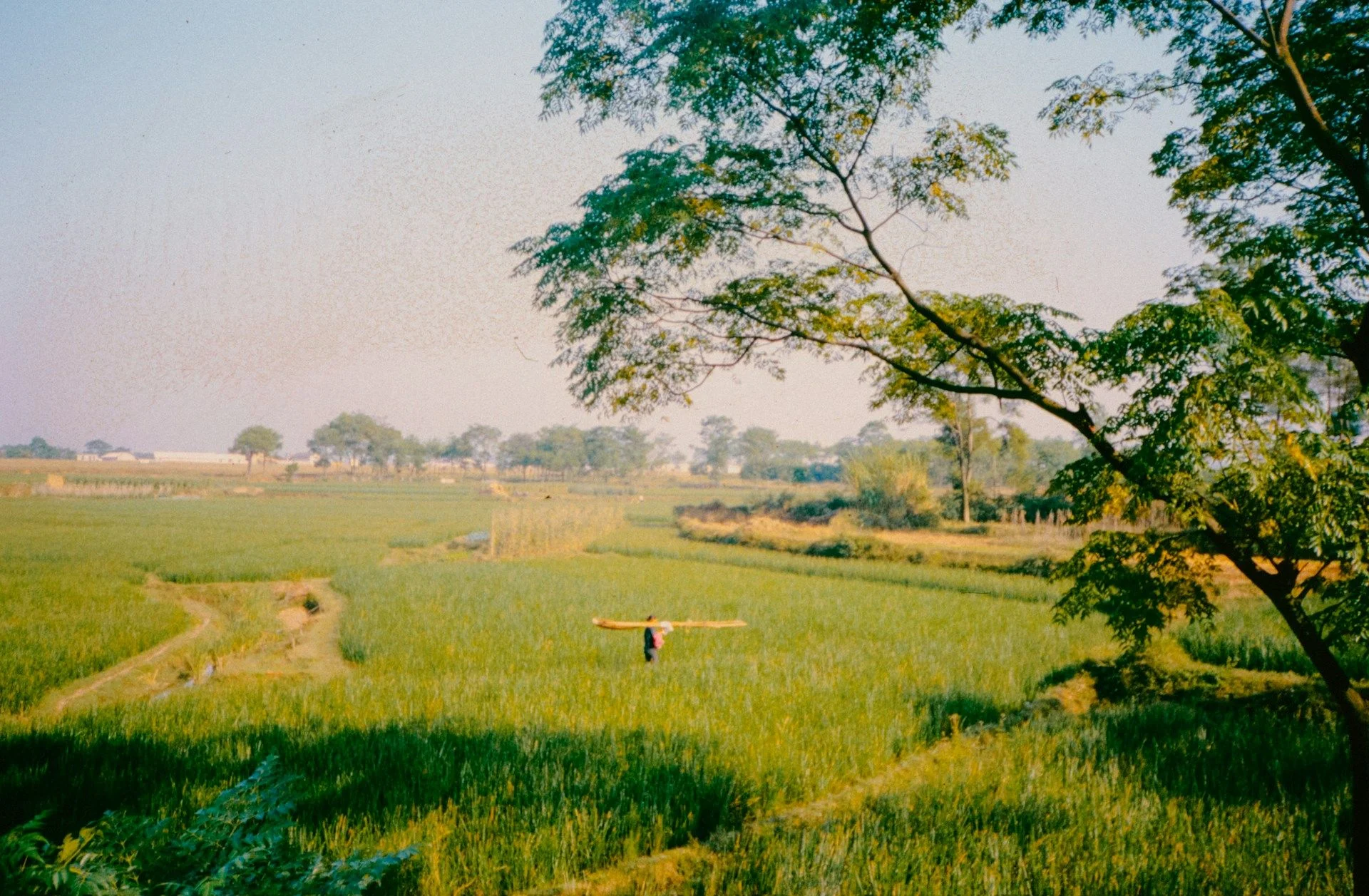Vacation Rental Investments in ChitungwizaAffordable housingwith access to capital zones

Best offers
in Chitungwiza
Benefits of investment in
Zimbabwe real estate
Urban growth drives demand for new housing
Harare and Bulawayo continue to expand, creating opportunities for residential development and entry-level land acquisition.
Steady inflow of private capital from abroad
Zimbabweans living overseas invest in homes and plots, fueling gradual development and long-term property ownership.
Wide availability of undeveloped and rural land
Large plots remain accessible for those seeking long-term investment in nature-linked formats — from eco-projects to land banking.
Urban growth drives demand for new housing
Harare and Bulawayo continue to expand, creating opportunities for residential development and entry-level land acquisition.
Steady inflow of private capital from abroad
Zimbabweans living overseas invest in homes and plots, fueling gradual development and long-term property ownership.
Wide availability of undeveloped and rural land
Large plots remain accessible for those seeking long-term investment in nature-linked formats — from eco-projects to land banking.

Useful articles
and recommendations from experts
Real Estate in Chitungwiza, Zimbabwe
Why Invest in Property in Chitungwiza
Chitungwiza, Zimbabwe’s third-largest urban settlement, is situated just 30 kilometers south of Harare. Originally developed as a dormitory city, it has grown into a vital residential and commercial zone for thousands of working-class families. With high demand for affordable housing, growing population density, and proximity to Harare’s job market, Chitungwiza presents an important real estate opportunity for investors seeking volume-based rental income, low-cost development, or land banking near the capital.
Types of Property in Chitungwiza
The area predominantly offers:
- Low-cost residential houses — Mostly 2- to 4-room homes in established zones like Zengeza, Seke, and St Mary’s.
- Housing cooperatives and stands — Unfinished or under-construction properties and subdivided land plots, common in newer developments.
- Rental rooms and cluster units — Popular for multi-tenant leases among low- to mid-income workers.
- Small commercial units — Local shops and informal trading spaces along high-traffic roads and junctions.
- Development plots — In outlying peri-urban zones that offer long-term growth potential.
Legal Considerations and Ownership for Investors
Real estate acquisition in Chitungwiza follows Zimbabwean law, but with unique local nuances:
- Many properties lack full title — Due to informal development or outstanding regularization issues. Buyers must verify documents thoroughly.
- Local authorities manage permits — Including land use approval, surveys, and housing development control.
- Foreigners may invest via Zimbabwean-registered companies or joint ventures, subject to government approval for freehold titles.
- Cooperative properties often require extra care — Ensure land is registered and infrastructure is legally sanctioned.
Market Prices and Affordability
Chitungwiza remains one of the most accessible markets for real estate in Zimbabwe:
- 2-bedroom unfinished house: $10,000 – $20,000
- Completed 3-bedroom home: $25,000 – $45,000
- Stand (300–500 sqm): $3,000 – $10,000, depending on servicing and location
- Rental room cluster unit: $10,000 – $18,000 per unit block
- Small shop or commercial stall: $5,000 – $15,000
Rental Demand and Yield Potential
Rental income in Chitungwiza is driven by:
- Commuters to Harare — Who work in the capital but prefer cheaper suburban living.
- Local vendors and informal traders — Renting shops or rooms near markets.
- Students and young professionals — Often sharing housing in affordable multi-unit setups.
- Basic 2-room unit: $80 – $120/month
- 3-bedroom house: $150 – $300/month
- Rental room in multi-tenant block: $40 – $70/month
- Retail kiosk: $30 – $60/month
Best Areas for Investment
High-potential zones include:
- Zengeza (1–5) — Established neighborhoods with access to roads, schools, and markets.
- Unit L, J, H, and G — Growing residential areas with significant rental activity.
- Seke and St Mary’s — Densely populated with strong demand for small rental units and shops.
- New cooperative developments — Long-term land plays for those willing to wait for servicing and formalization.
Real Estate Acquisition and Transaction Process
Steps to acquire property in Chitungwiza:
- Conduct thorough due diligence — Verify title status, council approvals, and service availability.
- Sign a memorandum of agreement — Especially if purchasing from cooperatives or informal sellers.
- Obtain tax clearance and local council consent
- Complete legal transfer — With assistance from a conveyancer; register title if available.
- Consider using a local agent — Especially to navigate informal networks and cooperative structures.
- Legal and registration fees: ~2% – 3%
- Transfer taxes and council charges: variable based on property value
- Survey and planning approvals: if purchasing a stand
Who Should Invest in Chitungwiza
This market suits:
- Buy-to-let investors — Focused on cash flow from small units or multi-room properties.
- Developers of low-income housing — Targeting scalable, affordable housing solutions.
- Diaspora buyers — Looking for entry-level ownership or land banking options.
- Retail investors — Interested in high-traffic shops or stalls in local trading hubs.
Conclusion
Chitungwiza is a dynamic, fast-evolving urban area that offers high rental demand, affordable entry points, and land development opportunities near Harare. While the legal framework can be challenging — particularly with informal and cooperative schemes — returns on low-cost units and rental rooms are often unmatched in Zimbabwe. With careful vetting and the right local partners, Chitungwiza can be a cornerstone of a cash-flow-driven real estate portfolio in Southern Africa.
